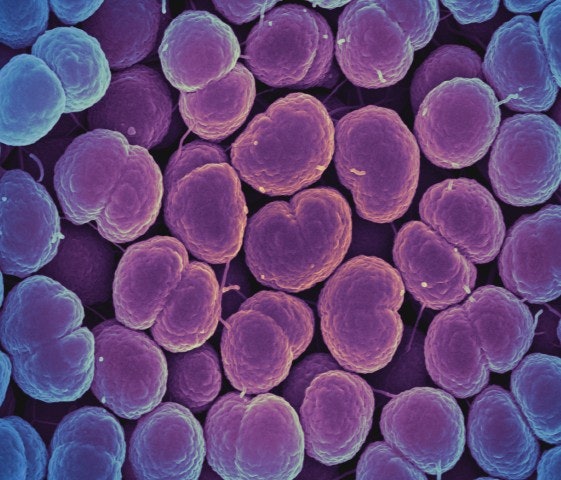

Keep all appointments for provider visits or tests. Make sure you know when you should come back for a checkup.What symptoms or problems you should watch for and what to do if you have them.If there are activities you should avoid and when you can return to normal activities.How long it will take to recover from this illness.How and when you will hear your test results.Then always use condoms every time you have sex. Don’t have sex until both you and your partner have finished all of the medicine and your provider says it’s OK.Your sexual contacts need to be treated even if they don’t have any symptoms. Or you can ask the clinic staff to tell them without using your name. Tell everyone with whom you have had sex in the last 3 months about your infection.Take nonprescription pain medicine if you need it.If you stop taking an antibiotic too soon, you may not kill all of the bacteria and you may get sick again. Take your medicine for as long as your healthcare provider prescribes, even if you feel better.(Your name will not be given.) This will help them get prompt treatment for the infection. Your infection will be reported to the local health department and your sexual partner(s) will be told that they have had contact with someone who has a sexually transmitted infection. You will be asked about your sexual partner(s). Testicle infection can cause infertility, which means that you would not be able to get your partner pregnant. If it is not treated, gonorrhea can cause scarring of the urethra, trouble urinating normally, and infection of the testicles. If only the urethra is infected, antibiotic treatment should clear up the infection in about 10 days. You may need to take more than 1 antibiotic. Gonorrhea is treated with antibiotic medicine.

A test of fluid from the opening of the urethra, mouth, or anus.Your healthcare provider will ask about your symptoms and sexual and medical history and examine you. If you do have symptoms, they usually start 2 to 10 days after you were exposed to the disease. This means you could pass the infection to your sexual partner without knowing that you are infected. It is usually passed from person to person during oral, vaginal, or anal sex. The infection is caused by bacteria called Neisseria gonorrhoeae. It may spread to the brain and cause meningitis.Īlso, if you have gonorrhea and then have unsafe sex with someone who has HIV, you are more likely to be infected with HIV.It may infect the joints and cause pain and swelling (arthritis).Gonorrhea that is not treated may spread into the bloodstream and to other parts of the body. The bacteria may also infect the throat or rectum during oral or anal sex. The urethra is the tube that carries urine and semen out of the penis. The infection usually starts in the urethra. Other names for gonorrhea are clap, drip, dose, and strain. Gonorrhea is a common sexually transmitted disease or infection (also called an STD or STI).


 0 kommentar(er)
0 kommentar(er)
